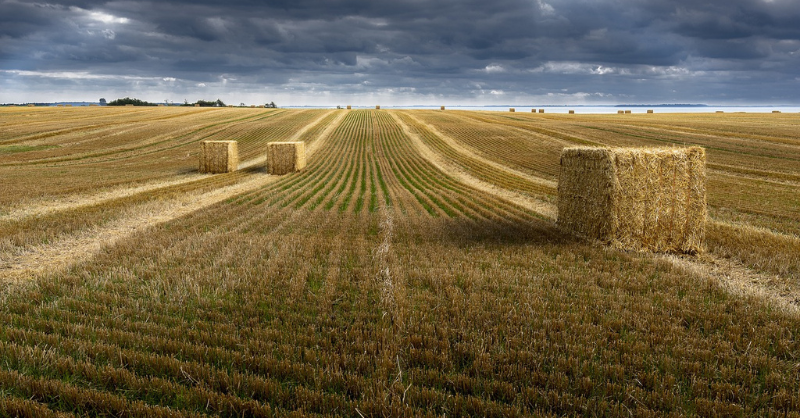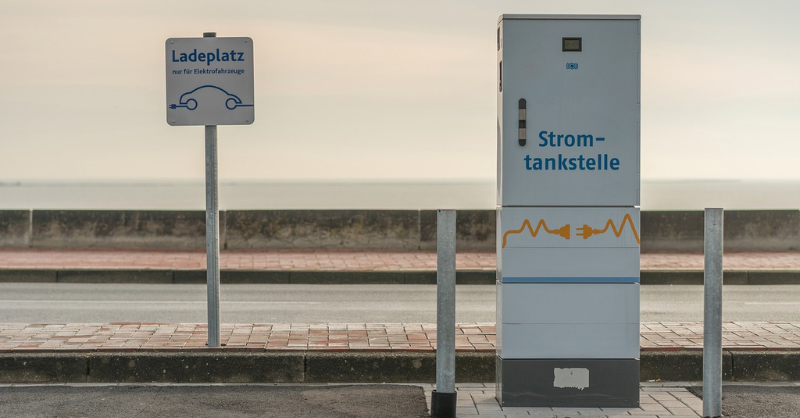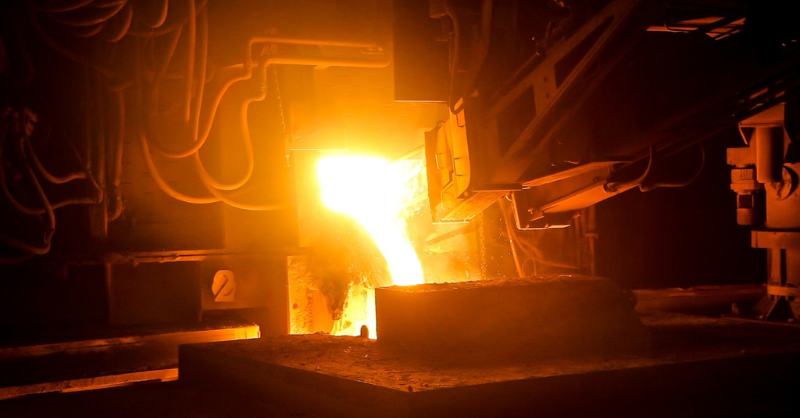Thematic Thoughts
Real world sustainability linked changes and what they might mean for companies and investors
Is farmer insurance a green bottleneck ?
Insurance best practice can clash with sustainability. Without insurance, impacted communities would probably not continue. And it's the same for farmers.
What investors think about green steel matters
It's sometimes easy to forget that financial markets are driven by sentiment. The 'facts' that investors believe to be true matter. For green steel, apparently 80% of investors believe the risk profile for metallurgical coal will increase in the next decade. A clear market signal.
De-carbonising electricity will take time
Energy security can be an abstract concept. But sometimes it's very real. And it can clash with environmental concerns. In that case energy security seems to win, as it recently has done in India.
EV charging & industry consolidation - a pre-requisite?
The EV charging chicken and egg? We need more high quality 'public' charging to drive EV sales - which will probably require industry consolidation
Why we need to protect insect populations
A large percentage of our crops require pollination. And for that we need insects. So why, as investors, are we allowing the companies we are invested in to take actions that put pollinators at risk?
Insulation, heat pumps and half truths
We frequently hear that before we even think about rolling heat pumps at scale we need to sort out home insulation first. This is not true.
Will carbon capture enable green steel faster?
The sad answer is probably not. The current best technology in cost terms for new steel is a blast furnace - which uses a lot of coal. So bad for the environment.One solution being heavily promoted is carbon capture. But other options look better.
Can we support the electricity grid using EV's?
In the 'first' real world test, EV's were successfully used to support the electricity grid when it was under stress. There is still a lot of work to do, but V2G looks like a viable technology
A subtle carbon tax for car rental?
Could consumers be pushed into greener choices using pricing? Is stealth taxation a good thing or not?
How big a water problem does Europe have ?
European consumers have got used to cheap and fresh produce in our supermarkets, often all through the year. But much of this produce comes from water stressed countries - hard to believe on a wet day in Northern Europe, but true.
Have we finally found a zero carbon cement solution?
What if we could take demolition concrete and turn it back into new cement. And do it piggy backing off the process for making greener steel - the Electric Arc Furnace. Wouldn't that be good news.
Could artisanal miners help bridge the critical mineral funding gap?
If the large global mining companies are not investing enough in critical minerals, do we need to think more laterally? Could artisanal miners (ASM) help bridge at least part of the gap, and maybe bring production on stream faster?











